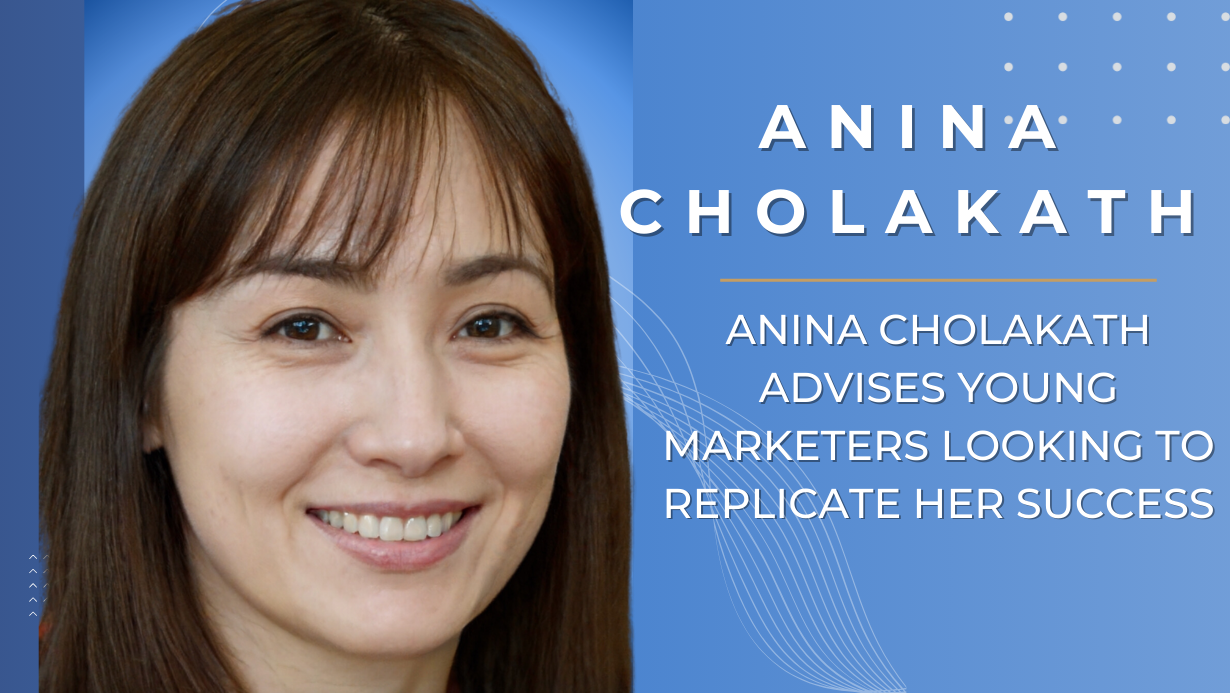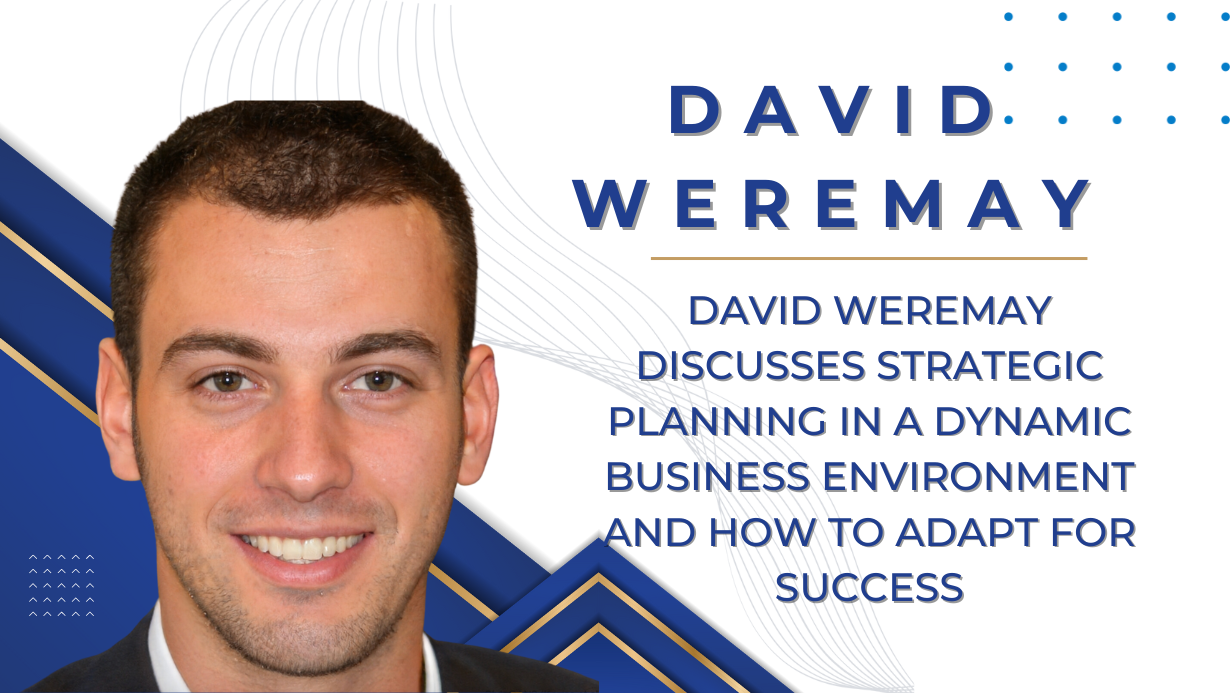TIRED OF BEING EXPOSED TO WORKPLACE BULLYING ADVICE FOR VICTIMS AND MANAGERS
G I T T E RANDRUP
HR BUSINESS PARTNER, CONSULTANT/RECRUITER, BLOGGER
Copyrighted by Gitte Randrup
In my article “How to overcome workplace bullies,”[1] I shared my personal story of grown-up bullying. I told you that I have been yelled at, that tasks have been kept away from me, and that I haven’t been invited to meetings. Also, I shared how I tried to handle the situation. Using 20/20 hindsight, I realize that I probably could have handled it better.
I ended up telling my manager and one colleague about what was going on, and they helped me. That was good, but I also had to realize that the bad working relationship I had with my colleague didn’t improve. We still didn’t get along and we never did while working together.
Therefore, I sat down with psychologist Thomas Markersen to talk about solutions to this problem, which is quite serious. According to the 2017 WBI U.S. Workplace Bullying Survey, 19% of Americans are bullied, while another 19% are witnesses to bullying. Of those who are bullied, 40% said that the experience has negatively affected their health.
According to Markersen, it may be difficult to determine whether you’re being bullied. Often, grown-up bullying takes place in the dark, among others, because the bully is aware that what he or she is doing is not nice.
He says, “It’s a natural part of life to feel rejected now and then. But if you’re constantly having a feeling of rejection and not being good enough, and if you’re continually concerned about it, it may be a sign that you’re being bullied. Over time, your stress level will increase. Another sign is that your focus changes. You’re a lot more concerned about the fact that your everyday working life is not working. Furthermore, you feel that you’re not able to resist it. You’re trapped in a situation you cannot escape.”
Does the above scenario seem familiar to you? If so, you must have actual examples of the bullying. If you cannot describe it to yourself, you won’t be able to describe it to others.
Following are more of Markersen’s tips:
If you sense that you’re being bullied, handle it strategically.Find allies in your workplace; ask them if they have been bullied and if this is a company norm. If it’s a norm, you need to find a new job.
When you’re away from work, try not to think too much about the bullying. You deserve a break from it.
Talk about the bullying to only a very few family members and friends. Otherwise, it’ll consume too much of your time.
Your manager isn’t necessarily the right person for you to talk to. It may just as well be another person you trust from your workplace.
When you are bullied, you may want to isolate yourself at work to protect yourself. If you do this, do it for a short time. In time, isolation will make you weaker, because most of us cannot be alone in it. As human beings, we are always stronger in a group.
Visualizing techniques can be effective. They make you take a step back from the bully and see what he or she is doing to you.
Be aware that we, as human beings, are prone to staying in badsituations because we tend to believe that what we have is better than an insecure future. Also, we like to get justice, which makes us stay at our workplaces, even if we are treated badly. But take care! You may face negative consequences if you stay too long in a bad working relationship. For example, you may experience posttraumatic stress and allergies.
When you’re over it, consider what you’ll do differently next time. Can you stand up for yourself earlier and in a different way? Or will you decide to not withdraw from the group? It’s easier to bully someone who is on the margins, so try to engage in activities at your workplace.
Though each victim of bullying can act to improve his or her situation, workplaces must also take responsibility.
According to psychologist Markersen, we must be better at preventing bullying by establishing better workplace cultures. To him, it’s about prevention, meaning that good relationships are on the agenda on an ongoing basis.
“It’s important,” he says, “that management takes responsibility for solving the issues related to bad relationships among coworkers.” In surveys, a lot of managers state that they know how to handle bullying. However, it’s Markersen’s experience that managers are uncertain about what to do. They need a manual to learn how to handle it.
Therefore, it’s essential to work on creating a culture with crystalclear values. We must treat each other with respect and dignity, and we’re all responsible for this.

“It has come to a point where both employees and employers expect that you bring your psychological self to work. This can cause problems,” says Markersen. “Things have changed, and nowadays the professional and private spheres are blending into what you could call ‘well-intended overinvolvement’. It has several advantages, but it also makes us more vulnerable at work.”
Gitte Randrup is an HR expert based in Copenhagen, Denmark, and the founder of GR Consult.

She is an advisor and HR Business Partner to managers on a wide range of HR subjects, such as recruiting, onboarding and organization and management.
Her vision is to create mutually satisfactory long-term working relationships between employers and employees combining business needs and strategy with the wants of the employees.
Gitte holds university degrees within HR, Organization
& Management and Languages. She has worked with HR in companies, such as GEA and Nordea.
She is also an HR expert blogger on the Danish online debate forum Amino with more than 100,000 debaters and readers. http://grconsult.dk/en/
LinkedIn: Gitterandrup FB: @Gitterandrup
He adds, “And some people need to learn how to control their feelings. It’s about common decency towards other people. We’re all obliged to be present and polite towards people in our surroundings, both private and professionally.”
Furthermore, workplaces must have clear settings, rules, and roles so that no power vacuums and related power struggles emerge. According to Markersen, many workplaces forget about managerial responsibilities because they are so busy taking care of their duties and tasks.
We can do more to reduce grown-up bullying in the workplace, among both employees and employers. Bullying is a big problem, but with effort, we can work on solving it. ~Gitte Randup
[1] Influential People Magazine – January 2019 issue
Gitterandrup Gitterandrup http://grconsult.dk/en/
NEED TO RENT A HR BUSINESS PARTNER?
NEED A BETTER ON BOARDING PROCESS?
NEED HELP WITH RECRUITING PEOPLE?

Let us help you find the right new hire and help












